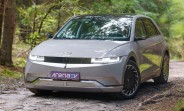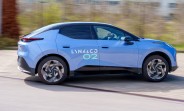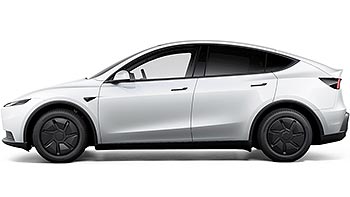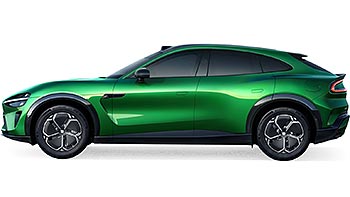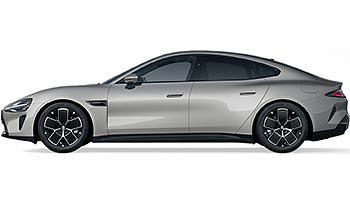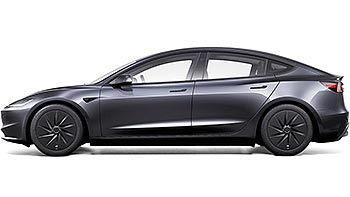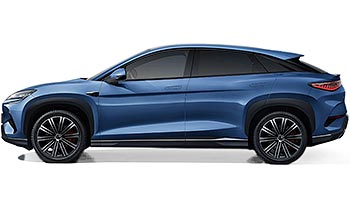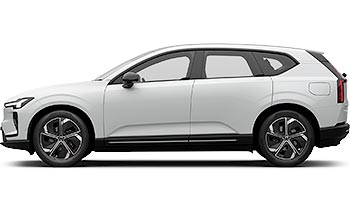Ethiopia is ready to ban ICE vehicles immediately

Out of the corner of the world we’d never expect to hear such news, comes an announcement with world-shattering repercussions. That’s by no means a hyperbole. While the world is struggling to embrace an efficient EV transition, with electric vehicle sales going up and down seemingly without much sense and with proponents and critics squaring off at any opportunity, Ethiopia decided it is time to pull the plug on fossil fuels. Now.
That’s right, not in 20, not in 10 years, not even next year - just like Norway is planning to ditch ICE vehicles. Ethiopia wants to ban gasoline and diesel-powered vehicles from now on. There are no discussions about a lack of infrastructure, affordability doesn’t seem to be even considered - Ethiopia has simply had enough of rising costs of fuel and ridiculous levels of pollution in its cities.
 Replacing all the service vehicles in Addis Ababa won't be easy
Replacing all the service vehicles in Addis Ababa won't be easy
According to Ethiopia’s Transport Minister Alemu Sime, the country spent $6 billion last year alone importing gasoline and diesel. Apart from it being financially unsustainable, the pollution levels in the cities are out of control. The only way out of the conundrum, according to Minister Sime, is an immediate ban on non-electric vehicles entering the country - old or new.
The Ministry of Transport is moving to act on high-priority plans to establish charging infrastructure across the country, following the report submitted by Sime to the House of Representatives of Ethiopia. The planned ban will be strictly enforced and existing vehicle owners will be subject to stringent smoke tests. Any vehicle failing the test will be no longer eligible for servicing and will have to be removed from the road.
While on the face of it, this is great news, it comes with more questions than it provides answers. There are around 2 million vehicles in Ethiopia with a big chunk of them being well over 20 years old. Older vehicles are already subject to hefty taxes forcing importers to bring newer cars to the country. Low emission car importers on the other hand face lower taxes and local EV manufacturing is being encouraged with substantial tax breaks and incentives.
 This is what Ethiopia's streets may look like much sooner than expected
This is what Ethiopia's streets may look like much sooner than expected
Removing 2 million ICE-powered vehicles will take a while, and so will building the charging infrastructure for the 2 million electric cars that will eventually replace them. But unlike the Western world, Ethiopia is more concerned about the quality of its air, and health of its citizens, and out-of-control fuel prices.
Ethiopia, an African country, is about to witness a gold rush moment for EV manufacturers, importers, and infrastructure providers. Banning non-EVs with immediate effect is a bold move that borders on gambling but on the other hand, knowing how high pollution affects the health of the society and doing nothing about it is like watching a ticking bomb.
The whole world will be watching Ethiopia, with EV transition supporters rooting for the country to succeed while the EV opponents will ridicule it and throw whatever obstacles they can in its path. It’s a momentous move that comes with the entire country's future at stake. There’s no way it’ll be plain sailing but if Ethiopia prevails, it’ll become an example that many more African countries may follow, turning the continent into an unlikely leader in EV transition.
Related
Reader comments
Ethiopia's move to ban gasoline and diesel vehicles is crazy! It's bold and risky, but if they can pull it off, it could be a game-changer for electric vehicles and clean air. I'll be watching closely to see how it all unfolds.
- 23 Apr 2024
- RqR
- Anonymous
WOW i guess Kamacho is their president?
- 05 Feb 2024
- B}L
- Anonymous
Most of the population relies on getting cheap cars from the used market, so unless the used car market suddenly gets filled with electric cars, these people will be left without transport.
- 05 Feb 2024
- m2A





